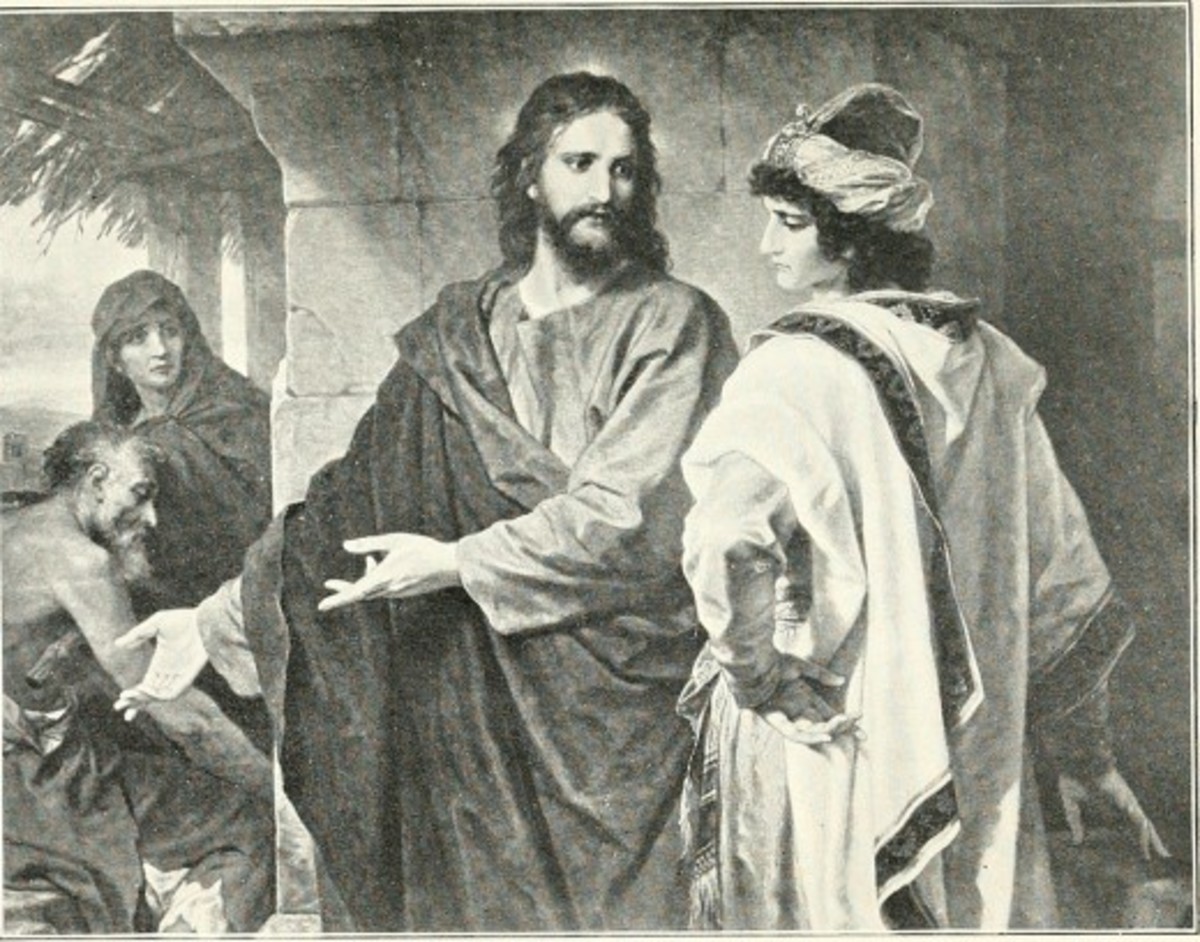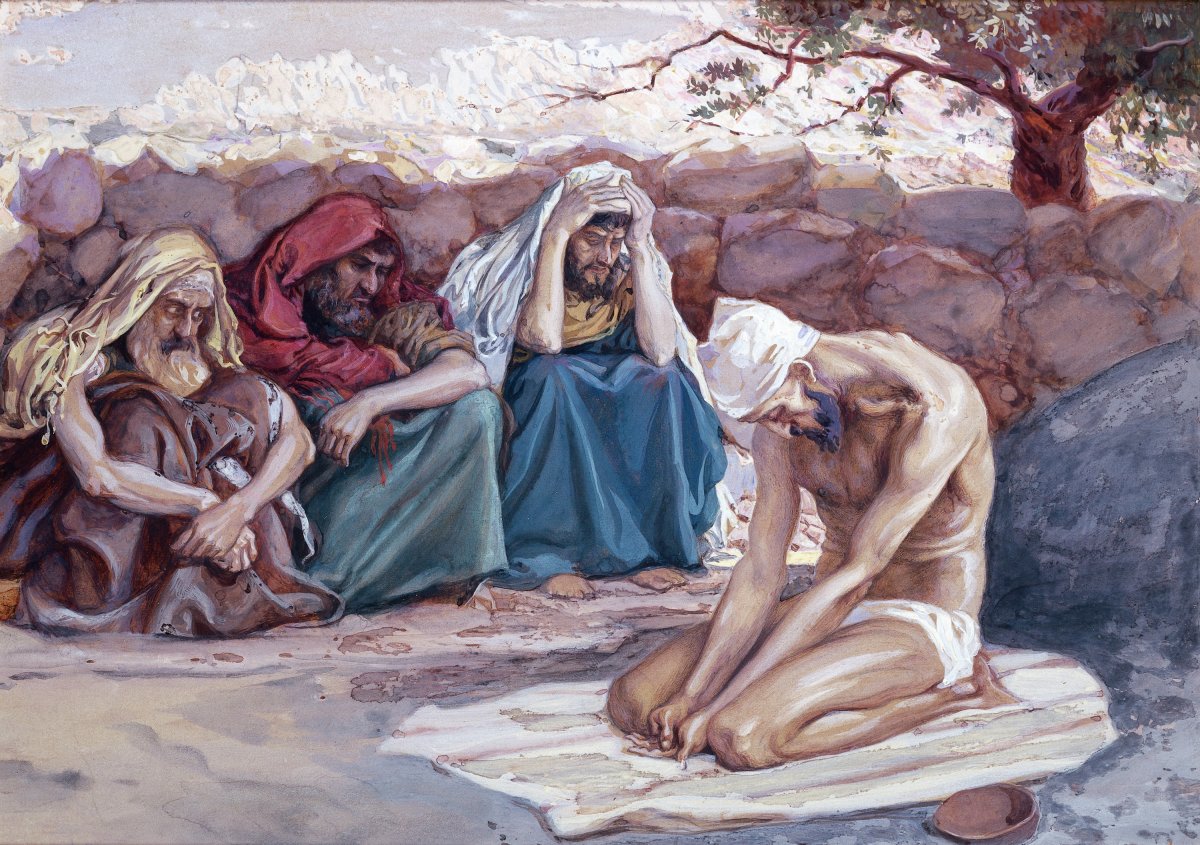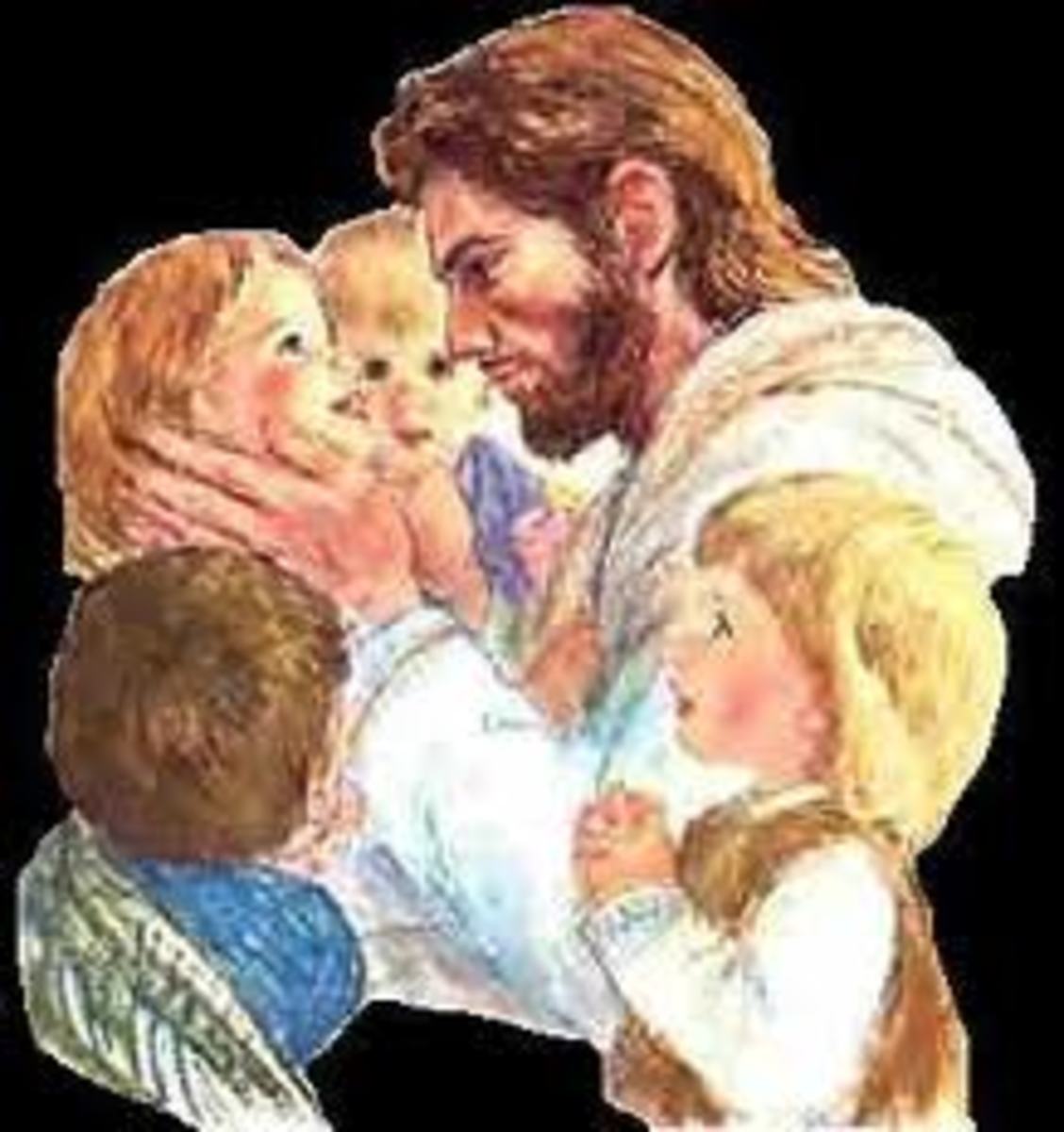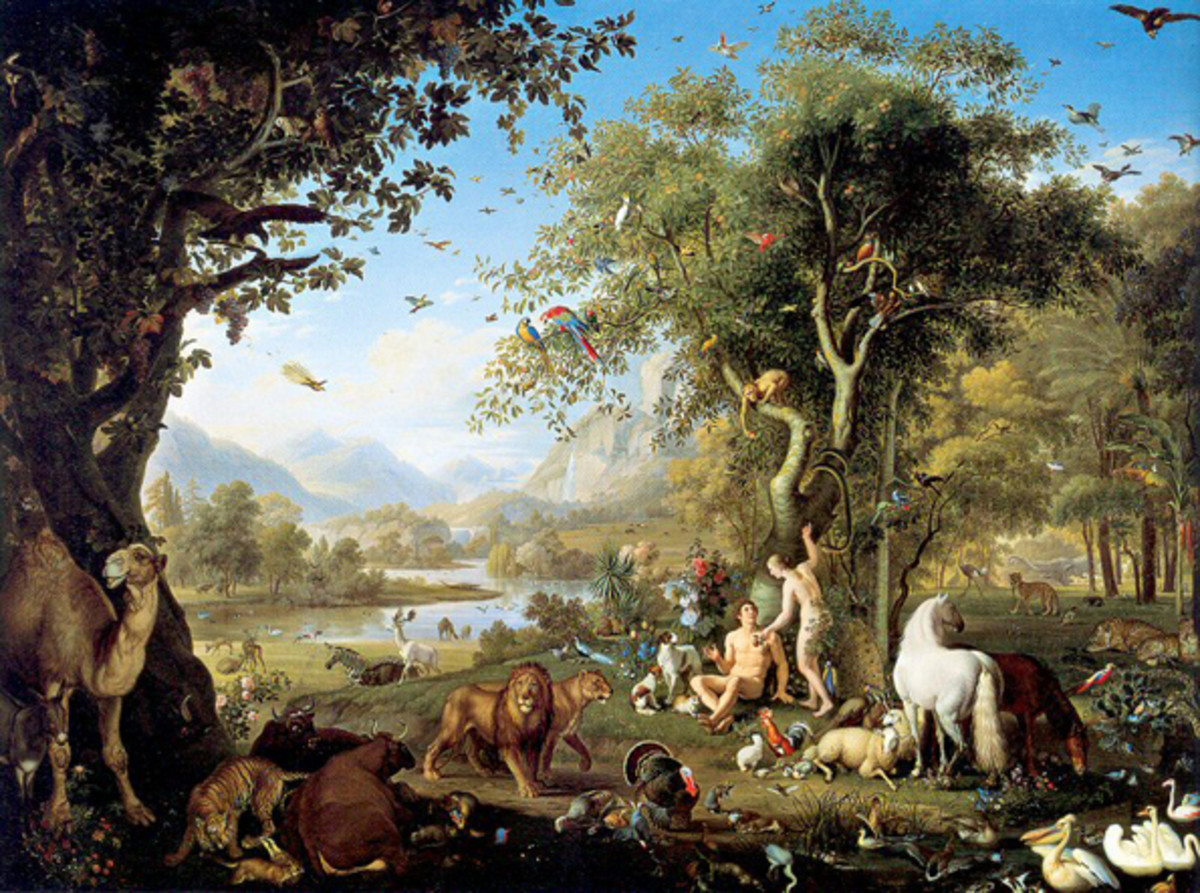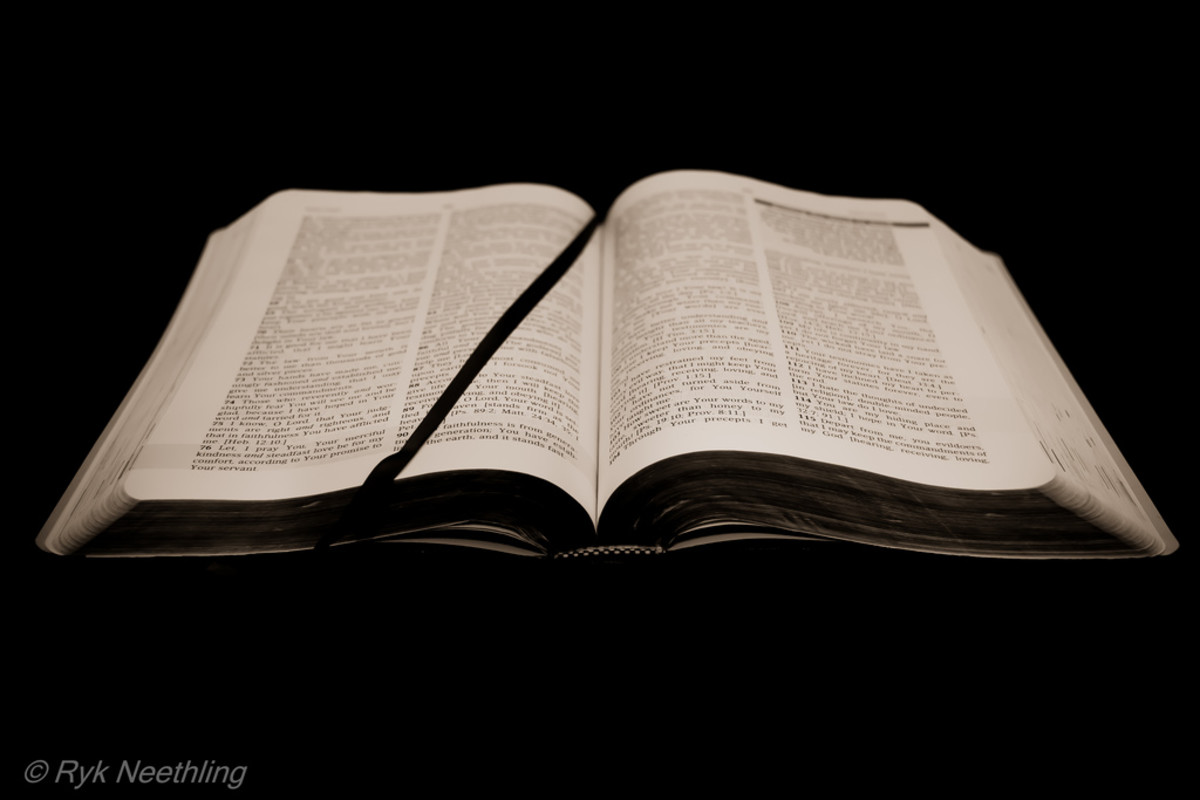The Kingdom Teachings of Jesus, Part II

Matthew, The Kingdom Gospel
“Repent: for the kingdom of heaven is at hand” (Jesus of Nazareth, Matthew 4:17)
To those called to be saints, according to the foreknowledge and election of Christ our Lord. Grace to you and peace from Him who loved us from before the foundation of the world.
Our journey has brought us to the actual teachings of Jesus concerning the “Kingdom.” It is most enlightening to discover what Jesus has to say concerning Himself and His mission. We will approach a few of these passages. The model of interpretation that we will apply is E2.
I suppose the simplest approach is to begin with Matthew and work our way forward. We are told by Matthew that from the beginning Jesus preached saying, “Repent: for the kingdom of heaven is at hand” (Matthew 4:17). First, it must be recognized that the terms “Kingdom of Heaven” and “Kingdom of God” are completely synonymous to each other (see letter four). This is clearly demonstrated by the Marcan rendering of this same event: “Jesus,” according to Mark, “came into Galilee, preaching the gospel of the kingdom of God, and saying, The time is fulfilled, and the Kingdom of God is at hand: repent ye., and believe the gospel” (Mark 1:14-15). Whereas Matthew uses “Kingdom of Heaven” Mark uses “Kingdom of God”; thus, showing that these are different terms of choice with no difference of meaning. Furthermore, we acknowledge that, according to Jesus, the kingdom is present; that is to say, “at hand.” In Matthew 12:28, Jesus would refer to his exorcisms and say, “... if I cast out devils by the Spirit of God, then the kingdom of God is come unto you.” (Here, Matthew breaks from his usual form and employs the word “God” instead of “heaven.”) Jesus is here speaking of the kingdom rule and authority resident in Himself. The kingdom resides in the King. (Therefore, when believers are baptized “into” Christ [see Galatians 3:27] they are placed into the kingdom.)
That the kingdom was a present reality is a constant theme in the preaching of Jesus. Matthew chapter 13 describes the Church as the Kingdom of Heaven. The Scripture is clear, however, that this Kingdom is only realized in the Church proper, and that in a mystical sense. However, the Kingdom is realized in its fullest sense in heaven, since the glorification of Jesus (see 1 Timothy 6:16), and is the leaven that is worked into the dough (the world) by the woman (the Church) since the establishing of the New Jerusalem (see Galatians 4:26 which informs us that the Jerusalem that is from above is the Church [Hebrews 12:22] and will, in the perfect age, come from heaven onto the new Earth [Revelation 21:2:10]). The rejection of Christ by unbelieving Israel did not postpone the Kingdom; it was established in heaven; on the earth it was established in the Church (see the book of Daniel 7:13-14, 18).
Referenced Texts
Daniel 7:13 I saw in the night visions, and, behold, one like the Son of man came with the clouds of heaven, and came to the Ancient of days, and they brought him near before him.14 And there was given him dominion, and glory, and a kingdom, that all people, nations, and languages, should serve him: his dominion is an everlasting dominion, which shall not pass away, and his kingdom that which shall not be destroyed.
Matthew 6:9 After this manner therefore pray ye: Our Father which art in heaven, Hallowed be thy name. 10 Thy kingdom come, Thy will be done in earth, as it is in heaven. 11 Give us this day our daily bread. 12 And forgive us our debts, as we forgive our debtors. 13 And lead us not into temptation, but deliver us from evil: For thine is the kingdom, and the power, and the glory, for ever. Amen.
Revelation 12:5 And she brought forth a man child, who was to rule all nations with a rod of iron: and her child was caught up unto God, and to his throne.

THE GOSPEL OF THE KINGDOM
The “Gospel of the Kingdom” (Mark 1: 14-15 compared to Matthew 4:17 above) is preached in a precise and comprehensible manner in the Sermon on the Mount (see Matthew chapters 5, 6, and 7). In this discourse Jesus mentions the “Kingdom of Heaven” by name seven times. (Seven is a biblical number of perfection, or completion.) I have read some teachers of Dispensationalism who have suggested the Sermon on the Mount to be a gospel that can only be lived out in a futuristic messianic age, and is not applicable to the Church at all. The violence one must do to the laws of Scriptural interpretation to adopt such a view is beyond all comprehension. To such an approach to Scripture we must point to Mark 1:15 where Jesus said, “The time is fulfilled, and the kingdom of God is at hand ...” The time is not for the future; Jesus said, It is now.
In the Sermon on the Mount Jesus teaches his disciples to pray (Matthew 6:9-13). The very first petition of the “Our Father” is: “Thy kingdom come. Thy will be done in earth, as it is in heaven” (verse 10). Just as the “Kingdom of God” fully came in heaven upon Christ’s arrival there (see Daniel 7:13-14 compared to Revelation 12:5), the disciples are to anticipate its manifestation in the earth through constant prayer for the same.
There is a major difference in what Jesus is teaching here and what is preached in most evangelical churches today. Jesus says, Expect the kingdom of heaven/God to come “in the earth.” Instead, most evangelicals are expecting kingdom prerogatives only in the future age, and with people other than the blood washed, and blood bought, Spirit filled Church. In short, Jesus instructs His disciples to expect and prepare for the occupation of the earth; while most of evangelicalism, on the other hand, expects and prepares for the evacuation of the earth and its surrender to the Antichrist. Which view reflects the teaching of Jesus!?
Referenced Texts
Matthew 8:5 And when Jesus was entered into Capernaum, there came unto him a centurion, beseeching him, 6 And saying, Lord, my servant lieth at home sick of the palsy, grievously tormented. 7 And Jesus saith unto him, I will come and heal him. 8 The centurion answered and said, Lord, I am not worthy that thou shouldest come under my roof: but speak the word only, and my servant shall be healed. 9 For I am a man under authority, having soldiers under me: and I say to this man, Go, and he goeth; and to another, Come, and he cometh; and to my servant, Do this, and he doeth it. 10 When Jesus heard it, he marvelled, and said to them that followed, Verily I say unto you, I have not found so great faith, no, not in Israel. 11 And I say unto you, That many shall come from the east and west, and shall sit down with Abraham, and Isaac, and Jacob, in the kingdom of heaven. 12 But the children of the kingdom shall be cast out into outer darkness: there shall be weeping and gnashing of teeth. 13 And Jesus said unto the centurion, Go thy way; and as thou hast believed, so be it done unto thee. And his servant was healed in the selfsame hour.
THE ONENESS OF OLD AND NEW TESTAMENT SAINTS
Another element of the teaching of Jesus concerning the kingdom is an absolute oneness between the saints of the Old and New Testaments. This is reflected in Jesus’ response to the faith of the Centurion (Matthew 8:5-13). Jesus had just commented on the faith of the Centurion by saying, “I have not found so great faith, no not in Israel” (verse 10). The point is: The faith of this Gentile is greater than any of the Jews - including His apostles. Jesus then says, “And I say unto you, That many shall come from the east and west, and shall sit down with Abraham, and Isaac, and Jacob, in the kingdom of heaven. But the children of the kingdom shall be cast out into outer darkness: there shall be weeping and gnashing of teeth” (verses 11, 12).
Those who come from the “east and west” references the Gentiles (represented here by the Centurion). They will commune with the patriarchs (the fathers of the Old Testament church, that is to say, representatives of the Old Testament saints) in the “Kingdom of Heaven.” THERE IS A COMMONALITY SEEN HERE BETWEEN THE OLD TESTAMENT AND NEW TESTAMENT SAINTS.
While, in a particular sense, this views the eternal state of the Perfect Age, there is a very real sense in which it is presently true in the Church. This is seen from Hebrews 12:1, 22-23, where the writer introduces the “Great ... cloud of witnesses” which observe the Christian’s race (verse 1). Then, in verses 22-23 these attesters are identified as “the angels” and “the spirits of just men made perfect;” in other words, the witnesses are the redeemed saints of the ages.
Apart from the Gentiles and the patriarchs, Jesus also speaks in this text of “the children of the kingdom” (verse 12): who will be cast out (of the Kingdom) “into outer darkness” for their lack of faith. These “children of the kingdom,” though descended from the patriarchs, are excluded from the kingdom of heaven for their rejection of Christ (see Romans chapter 11). Jesus uses the backdrop of the believing Gentile (verses 8, 9, 10) to demonstrate the future Jewish rejection, and Gentile acceptance, of His Kingdom (Matthew 21:33-46). Associated with this is the teaching of Jesus found in Matthew 12:46-50 where there is some question as to the identity of His family. Jesus settles the issue by saying, “... whosoever shall do the will of my Father which is in heaven, the same as my brother, and sister, and mother.”
JESUS ANNOUNCES THE ESTABLISHING OF THE MESSIANIC KINGDOM
Sometimes, even the faith of the greatest will waiver. It was so with John the Baptist, who, apart from Christ, was the greatest prophet born of woman (Matthew 11:11). Matthew tells of John’s lapse of confidence (Matthew 11:1-3). Confidence, which he had earlier demonstrated in a very dramatic way (see John 1:29) when he has said, “Behold, the Lamb of God, which taketh away the sins of the world.” However, this same John, who is now in Herod’s dungeon awaiting execution, sends questioners to Jesus, to ask Him, “Art thou he that should come, or do we look for another?” (Matthew 11:3.) Jesus responded with a reference to Isaiah 35:4-6 (see Matthew 11:5-6). This particular passage from Isaiah identifies the One who was to come, and establish the messianic age, as the LORD God of Israel. Notice, Isaiah 35:2 states, “They shall see the glory of the LORD, and the excellency of our God .... Behold, your God will come ... He will come and save you.” Then follows the quote Jesus uses to answer the Baptizer’s question: “Then the eyes of the blind shall be opened, And the ears of the deaf shall be unstopped. Then the lame shall leap like a deer, And the tongue of the dumb sing. For waters shall burst forth in the wilderness, And streams in the desert.” (Isaiah 35:5-6). Compare to Jesus’ reply: “Go and tell John the things which you hear and see: The blind see and the lame walk; the lepers are cleansed and the deaf hear; the dead are raised up and the poor have the gospel preached to them. And blessed is he who is not offended because of Me.” Thus, Jesus identified His coming as establishing the kingdom of the Messiah!
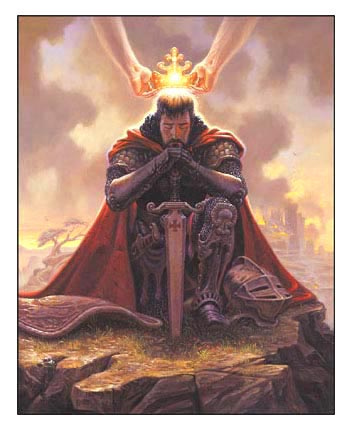
MESSIANIC KINGDOM IS A MILITANT KINGDOM
Using John’s circumstances as a backdrop Jesus speaks of the militancy of the Messiah’s kingdom. Matthew records Jesus’ words (Matthew 11:12) “And from the days of John the Baptist until now the kingdom of heaven suffereth violence, and the violent take it by force.” Obviously, it is the kingdom that must be taken by force. The possessing of the kingdom requires a militant Church. Joshua announced the arrival of the kingdom of physical Israel, by bringing the people across the Jordan River into the promised land, however, the possession required militancy and a process of conquest; even so, the Messiah’s kingdom.
Notice the militant tone of the following passages:
- Ephesians 6:11-13 armor of a soldier;
- 2 Timothy 2:3, endure hardship as a good soldier;
- 2 Timothy 2:4, we are called to war;
- 1 Timothy 6:12, fight the good fight of faith;
- Philippians 1:17, I am set for the defense of the Gospel.
There is no place for complacent pacifism in the kingdom of the Messiah (see Revelation 11:15 compared to Chapter 17:14).
ELIJAH HAS ALREADY COME AND USHERED IN THE KINGDOM OF THE MESSIAH
The second coming of the prophet Elijah was expected “Before the coming of the great and dreadful day of the LORD” (Malachi 4: 5). A day that would mark the judgment of unbelieving Israel and the arrival of the Messianic kingdom. When the disciples realize that Jesus was laying claim to messianic prerogatives (Matthew 17:9-10) they ask him, “Why then say the scribes that Elias (Elijah) must first come?” Jesus answered them, “Elias is come already” (Matthew 17:12). Before this event Jesus had stated clearly, concerning John the Baptist, “This is Elias” (Elijah) “which was for to come” (Matthew 11:14).
There are no reasons to contort the plain words of Jesus; but, there are abundant reasons to receive them just as he spoke them. According to Jesus, John fulfill the demands of a forerunner to the Messiah (Matthew 3:3 compared to Isaiah 40:3-5) and the establishing of His reign. Therefore, we do not look to the futuristic coming of Elijah, as a forerunner of some future Messianic age, since Jesus taught the satisfaction of the Isaiah 40:3-4 and Malachi 4:5 prophecies in John the Baptist!
Referenced Texts
Matthew 12:43 When the unclean spirit is gone out of a man, he walketh through dry places, seeking rest, and findeth none. 44 Then he saith, I will return into my house from whence I came out; and when he is come, he findeth it empty, swept, and garnished. 45 Then goeth he, and taketh with himself seven other spirits more wicked than himself, and they enter in and dwell there: and the last state of that man is worse than the first. Even so shall it be also unto this wicked generation.
UNBELIEVING ISRAEL’S LAST STATE WORSE THAN THE FIRST
Finally, dear ones, I will conclude this correspondence with a reference to Matthew 12:43-45.
Here, Jesus teaches of an unclean spirit that has gone out of a man and can find no place to rest, so he returns and sees the man from whom he was expelled; the man is clean, but empty. The spirit reenters the man along with seven other spirits more wicked than himself. Then Jesus states that the last state of the man was worse than the first.
The intention of Jesus, by teaching this parable, was to show that the delivered man represented His generation of the Jewish people. (See verse 39: “adulterous generation” and verse 45: “wicked generation”—the context allows no other interpretation.) The power of Jesus’ anointing had broken Satan’s hold over Israel (the adulterous and wicked generation: see verses 39, 45); but if they do not accept Him and the Gospel of the Kingdom, their last state will be worse than what preceded their Messiah’s coming. (See Matthew 23:37-38.)
A PARTING THOUGHT
Before we pass on from Matthew chapter 12 we should look at verses 28, 29, and 30. Here, Jesus speaks of the “Kingdom of God” (which had come to the Jews) that had bound Satan in his own house. This is a companion to the comment Jesus made to his disciples in Luke 10:18, where He informs them that He had observed Satan falling from the sky, in relation to their ministry in casting out devils and healing the sick. One should not ignore the weight of these two passages when dealing with the binding of Satan in Revelation chapter 20 verses 1-3.
Conclusion: As promised, I will bring this fragment of our study to a close. It is my sincere prayer that the teaching of Jesus, concerning His mission, will bring more illumination to our subject of Apostolic Kingdom Theology.
Apostolically Speaking
☩ Jerry Hayes
Bishop's Other Kingdom Teachings
- The Nature of the Kingdom of God
The Kingdom of God. What is it? What is its make-up and nature. This article ventures into these questions. - The Millennial Reign of Christ
The subject under review in this writing is what is commonly called the “Millennial Reign of Christ.” The word “millennium” means: one thousand. but, is the 1,ooo yrs literal or figurative. - Revelation’s Warnings Of Imminence
We continue our study of Kingdom theology by reviewing Revelation's quadruple warnings of imminent fulfillment. The challenge to futurism is glaring. - The Kingdom Teachings of Jesus, Part III
Part III of the Kingdom teachings of Jesus looks at Mt 13, called "The Kingdom Chapter." Here, Jesus teaches 7 kingdom parables. The students of ecclesiology, and eschatology can not ignore this ch. - Understanding the Question, A Study in Kingdom Theology
The subject matter of this paper is understanding the question, which is the genesis for the Olivet discourse. How may one arrive at the proper answer not understanding the question? - The Kingdom Teachings of Jesus, Part I
This article begins a series on the Kingdom teachings of Jesus. Here we look to Christ's own words concerning the Messianic Kingdom, its nature and particulars.
Read this book by Bishop Jerry Hayes



